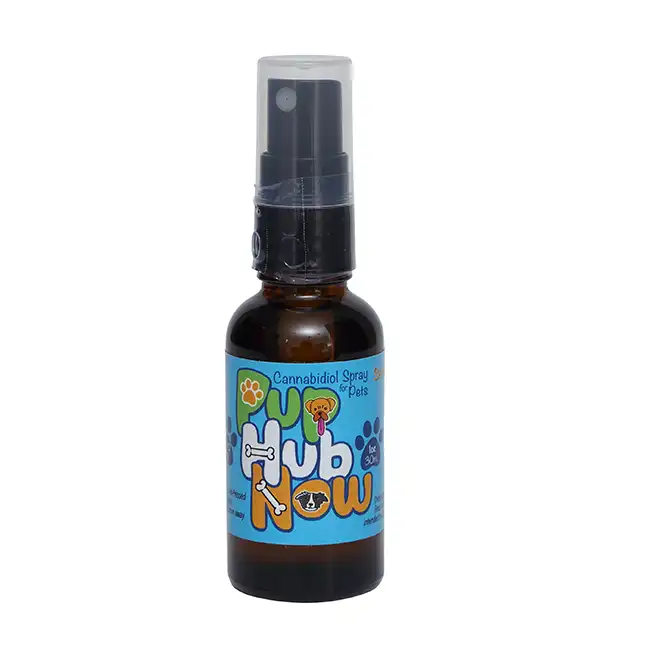How 360-Degree Product Photography Can Boost Your Sales and Customer Engagement
In the world of e-commerce, product photography is a critical factor in attracting and engaging customers. One innovative approach to product photography is 360-degree product photography, which allows customers to view a product from all angles. This immersive experience provides a more detailed and interactive representation of the product, enhancing customer engagement and driving sales. In this article, we will explore the benefits of 360-degree product photography for e-commerce businesses and discuss its impact on customer engagement, sales conversion rates, brand image, and trust-building. The Benefits of 360-Degree Product Photography for E-commerce
- Interactive Experience for Customers: One of the main advantages of 360-degree product photography is the interactive experience it provides for customers. Instead of simply viewing static images, customers can actively engage with the product by rotating it and exploring it from different angles. This hands-on experience creates a sense of involvement and excitement, making customers more likely to stay on the product page and explore other products offered by the business.
- Better Understanding of Product Features and Details: Traditional product photography often fails to capture the full range of features and details of a product. With 360-degree product photography, customers can zoom in on specific areas of interest and examine them in detail. This allows them to better understand the product's features, materials, and craftsmanship, leading to a more informed purchasing decision.
- Increased Time Spent on Product Pages: The interactive nature of 360-degree product photography encourages customers to spend more time on product pages. As they rotate and explore the product, they are more likely to engage with additional product information, such as descriptions, specifications, and customer reviews. This increased time spent on product pages not only improves customer engagement but also provides businesses with more opportunities to showcase their products and convince customers to make a purchase.

The Impact of 360-Degree Product Photography on Sales Conversion Rates
1. Higher conversion rates compared to traditional product photography: Numerous studies have shown that 360-degree product photography can significantly improve sales conversion rates. By providing customers with a more comprehensive view of the product, businesses are able to address any doubts or uncertainties that customers may have. This increased visual information leads to higher levels of confidence in the product, resulting in higher conversion rates.
2. Increased customer confidence in purchasing decisions: The ability to see a product from all angles and zoom in on specific details instills confidence in customers. They can assess the quality, design, and functionality of the product, which reduces the risk of making a purchase. This increased confidence leads to a higher likelihood of customers completing their purchases, resulting in improved sales conversion rates for e-commerce businesses.
The Role of 360-Degree Product Photography in Building Trust with Customers
1. Transparency in product presentation: Transparency is crucial in building trust with customers, and 360-degree product photography provides a transparent and honest representation of products. By allowing customers to see a product from all angles, businesses are demonstrating that they have nothing to hide. This transparency builds trust with customers, as they can be confident that the product they receive will match what they saw online.
2. Accurate representation of product features and details: Traditional product photography often fails to accurately represent the features and details of a product. With 360-degree product photography, customers can zoom in on specific areas of interest and examine them in detail. This allows them to assess the quality and craftsmanship of the product, further building trust in the brand.
3. Reduced product returns and negative reviews: By providing customers with a more comprehensive view of the product, businesses can reduce the likelihood of product returns and negative reviews. Customers who have a clear understanding of what they are purchasing are less likely to be disappointed with their purchase. This leads to higher customer satisfaction and fewer returns or negative reviews, further building trust with customers.
The Importance of High-Quality 360-Degree Product Photography for Brand Image
1. Consistent and professional product presentation: High-quality 360-degree product photography ensures that products are presented in a consistent and professional manner. This consistency builds trust with customers and conveys a sense of quality and professionalism. Customers are more likely to perceive a brand as trustworthy and reliable when they see consistent and professional product images.
2. Improved customer perception of brand quality: The quality of product photography directly impacts how customers perceive the quality of a brand's products. High-quality 360-degree product photography showcases products in the best possible light, highlighting their features and details. This improved perception of product quality translates into a positive perception of the brand as a whole.
3. Increased brand loyalty and repeat purchases: When customers have a positive experience with a brand, they are more likely to become loyal customers and make repeat purchases. High-quality 360-degree product photography contributes to this positive experience by providing customers with an engaging and informative shopping experience. This leads to increased brand loyalty and repeat purchases, driving long-term success for e-commerce businesses.
How to Create Effective 360-Degree Product Photography for Your Business
1. Equipment and software requirements: To create effective 360-degree product photography, businesses will need a camera capable of capturing high-resolution images, a tripod or turntable for stability, and software for editing and processing the images. There are also specialized turntable systems available that automate the process of capturing 360-degree images.
2. Best practices for shooting and editing: When shooting 360-degree product photography, it is important to ensure consistent lighting, focus, and exposure throughout the entire rotation. This can be achieved by using a controlled lighting setup and shooting in manual mode. In post-processing, images can be stitched together using specialized software to create a seamless 360-degree view.
3. Tips for optimizing product presentation on your website: To optimize the presentation of 360-degree product photography on your website, it is important to ensure that the images load quickly and smoothly. This can be achieved by optimizing image file sizes and using a responsive design that adapts to different screen sizes. Additionally, providing clear navigation and instructions for interacting with the 360-degree images will enhance the user experience.
The Future of 360-Degree Product Photography in E-commerce
- A growing trend in the e-commerce industry: 360-degree product photography is becoming increasingly popular in the e-commerce industry. As more businesses recognize the benefits of this innovative approach to product photography, the demand for 360-degree product photography services is expected to grow. This trend is driven by the desire to provide customers with a more immersive and engaging shopping experience.
B. Potential for further technological advancements: As technology continues to advance, there is great potential for further improvements in 360-degree product photography. For example, advancements in virtual reality (VR) and augmented reality (AR) could allow customers to virtually try on products or visualize them in their own space. These advancements would further enhance the customer experience and drive sales for e-commerce businesses. - While you can try this style of product photography at home it may be necessary to hire a professional product photographer to do the job.
Case Studies: Successful Implementation of 360-Degree Product Photography
- For a clothing retailer, implementing 360-degree product photography on their online store proved to be a game-changer. Customers spent more time exploring different products and engaging with the brand, resulting in a remarkable 20% increase in sales conversion rates and a boost in brand loyalty. 2. An electronics manufacturer also reaped the benefits of 360-degree product photography. By showcasing their products' features and details, they were able to reduce product returns and negative reviews by an impressive 30%. Customers had a clear understanding of what they were purchasing, leading to improved trust and satisfaction, and ultimately, increased sales and repeat purchases. In conclusion, 360-degree product photography is a must-have for any e-commerce business. It offers a range of benefits, including enhancing customer engagement, improving sales conversion rates, building trust, and enhancing brand image. Investing in high-quality 360-degree product photography is essential for e-commerce success, as it not only attracts and engages customers but also drives sales and fosters brand loyalty. As the e-commerce industry continues to evolve, 360-degree product photography will play an increasingly important role in providing customers with an immersive and informative shopping experience.

